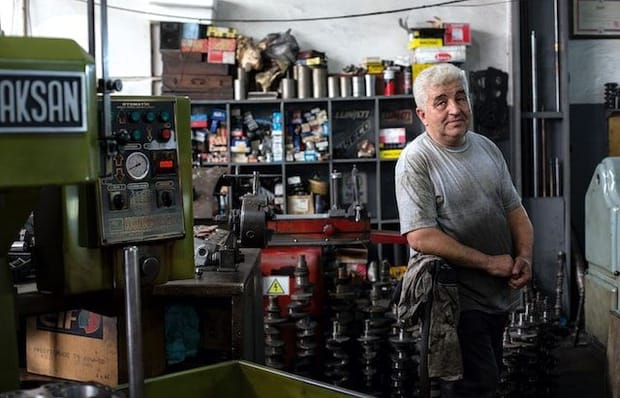Knowing what interview questions to ask candidates simply takes preparation of the right type of questions.
Besides technical questions in relation to the job, you will need to incorporate questions of an investigative nature which reveals the person behind the CV – after all, the main reason you will be interviewing is to find the best person to fill the vacancy.
Below are five questions that employers across all industries should ask every jobseeker during an interview to help find the ideal candidate.
1. What attracted you to this role?
The candidate’s answer to this question will help you see how much they have researched your company and, therefore, fits as a subtle alternative to asking this question outright. You should be looking for the candidate that has a clear idea of the role and company and sees themselves as a suitable prospect.
2. What type of colleagues do you like working with?
No matter how proficient the candidate is, it is important to find out whether they will fit in with the team you already have. Building the right team from the outset will save your company from being stuck with a whole host of problems if you chose the wrong person. The candidate will, more than likely, mention their own strengths – use this answer to help you see whether you have the team that the candidate is expecting, if they were hired.
3. What management styles do you work best under?
This is another question that helps you ascertain whether the job you are offering fits the candidate’s expectations. Finding out whether your business would have the management style that they are looking for will help make the shortlisting process that much easier.
4. Tell us about the work you are most proud of?
This question gives them a chance to shine so you should consider the candidate who has something substantial to say about their achievements. You want to gain an insight to how they would approach their work. Listen out for what their key challenges were, how they overcame them, and what were the end results. On the other hand, if a candidate cannot find anything to say about their achievements – simply move on to other candidates.
5. Is there a situation that you wished you handled differently at your previous post and, if so, why?
This serves as an alternative to the dreaded question: What are your weaknesses? Such a question can make people feel trapped into telling you something that they fear will not impress you – and for that reason, just lie. However, what person is without their weaknesses? This question is a good way of identifying any but, more importantly, it can tell you about the candidate’s abilities to critically analyse their past performance, overcome problems and whether they actually learn from their mistakes.
6. On a scale of 1-10, how interested are you in this role?
You may not always get a candid answer to this question but it is worth asking towards the end of the interview. If a candidate shows interest with some misgivings, use this time to talk about it to clear any doubts in the candidates mind. Another question is: Are you currently interviewing for any other jobs? If you like a candidate but find out they are interviewing for others companies (especially your competitors), then you will know if you need to get your skates on to secure that candidate before someone else does.
Questions like these will also help you consider whether employing the candidate will be worth your while. Are they just turning up at the interview for the sake of it? Would they rather work somewhere else? Or do they truly have their mind set on working for you?
These questions are a sure-fire way to shortlisting more efficiently, as it takes you beyond whether the candidate’s skills match the job specification, to finding the person with the desired attributes that fit in with your company. Do remember that any other questions you want to ask candidates should be asked tactfully in order to find out more about the person that a bog-standard CV cannot tell you.
What do you think of these questions? What's your favourite question to ask during interviews? Let us know in the comments below.





